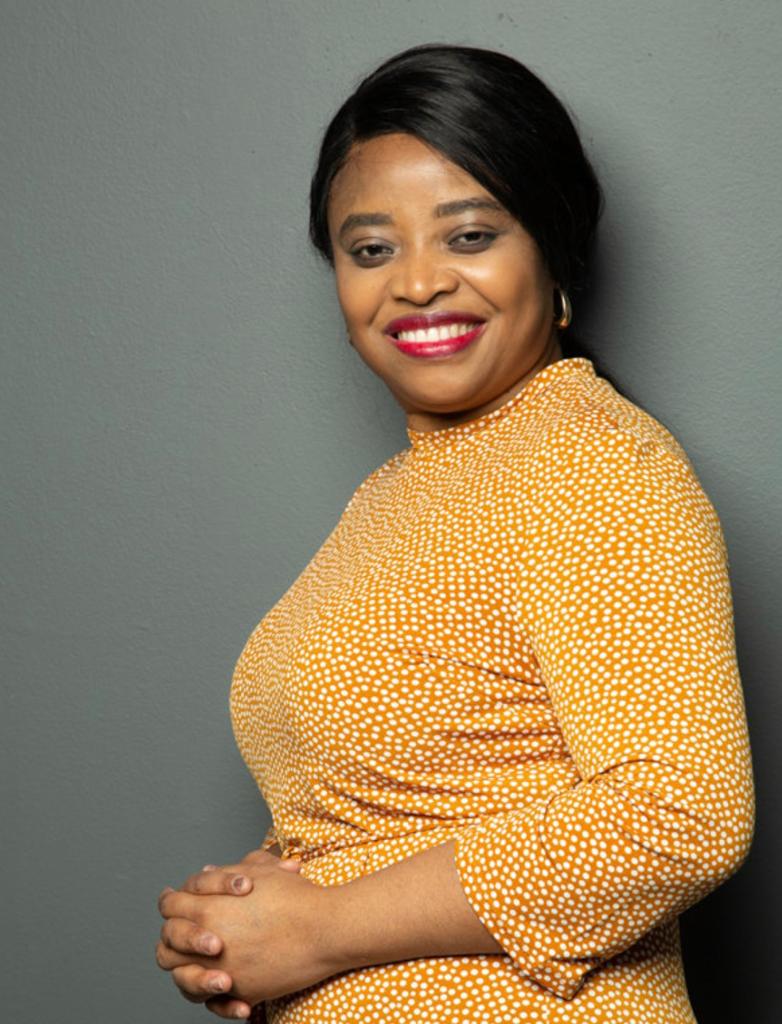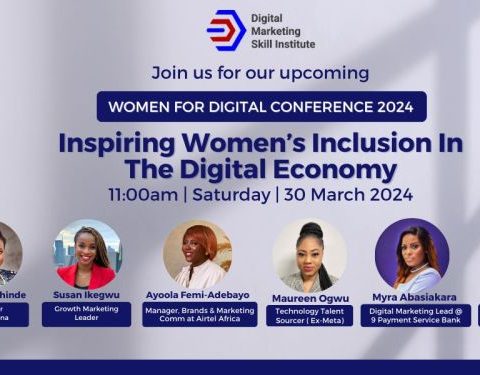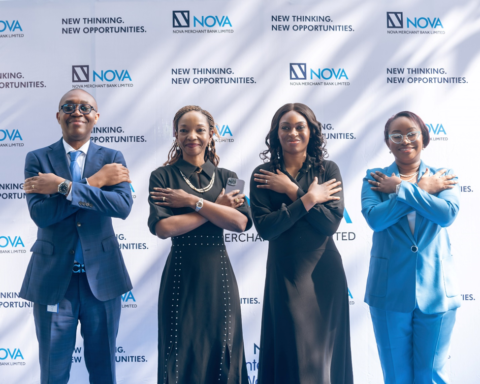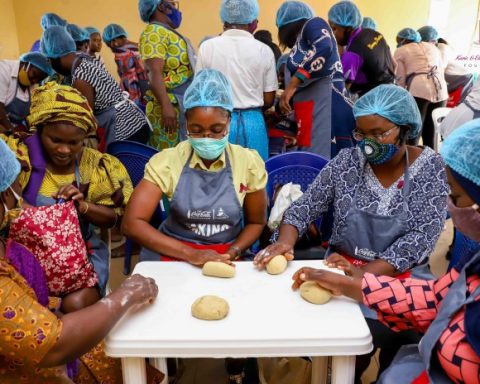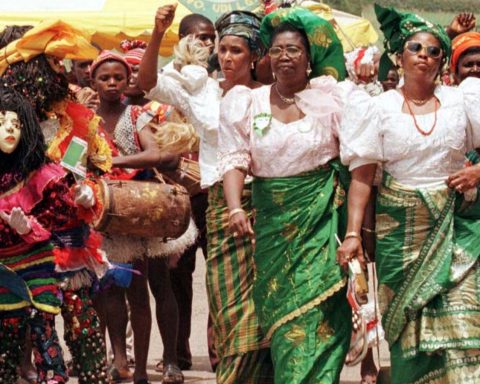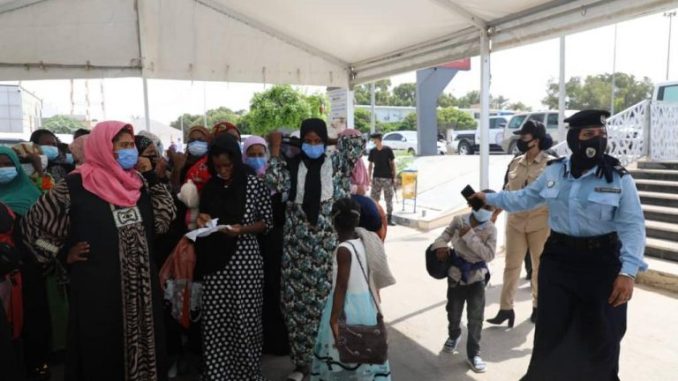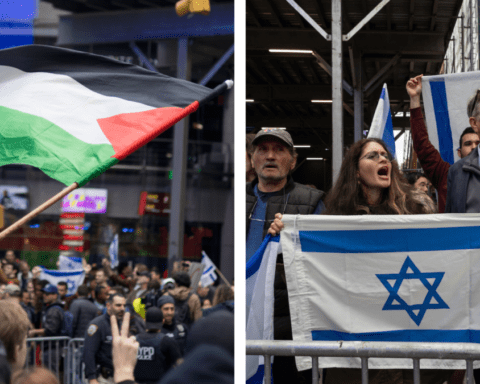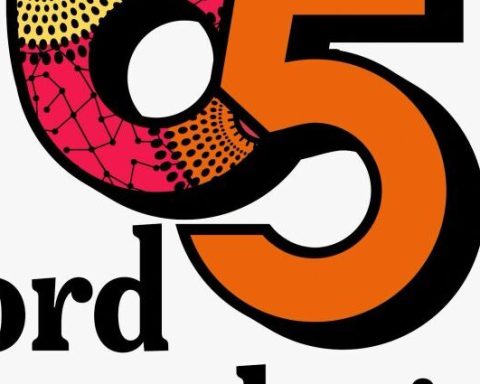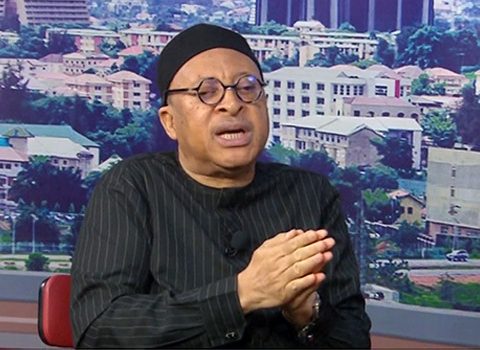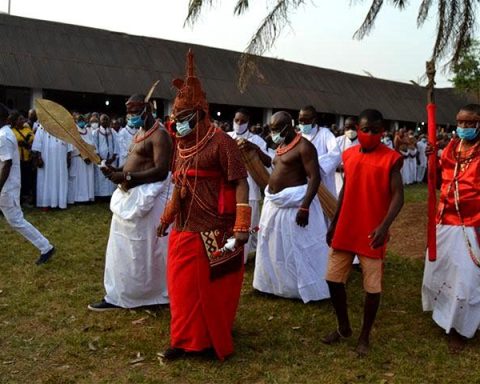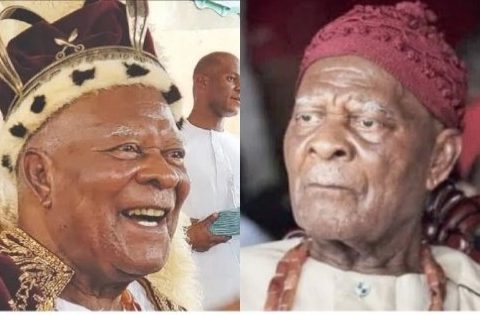Commitment to women empowerment is one thing that developing countries need to focus on as it would contribute significantly to their future growth, says Shulamite Ezechi, founder and CEO of ‘ANYiSO’.
With a career spanning about 18 years, Shulamite Ezechi has worked in the education, corporate, and health sectors before founding ANYiSO. ANYiSO is an NGO working with women and young people in the United Kingdom.
Join our WhatsApp ChannelShe is the first black person to be awarded the prestigious Scot Parent award in the history of Scotland.
Shulamite has a Bachelor’s degree in Nutrition and Dietetics from Imo State University, a Master’s degree in Clinical Nutrition and Health from Glasgow Caledonian University, UK, and a second Master’s degree in Policy Analysis and global governance and a diploma in community development. She has been involved in the review of policies about black and ethnic minorities.
As a social activist, she partners with British Red Cross, Scottish Refugee Council, Amnesty International, Migrant Voice UK, YWCA, Young Women’s Movement, etc to provide support to women from over 83 ethnic minorities and through various activities of her organisation, ANYISO.
In this interview with Prime Business Africa, Shulamite explains how women can live up to their potential. She stressed the need for organisations and governments, especially in developing countries to adopt policies that encourage more inclusion of women in decision-making positions.
Here is the excerpt from the interview.
What ways do you think organizations or the world at large can be more inclusive to bringing in women in decision-making?
Everyone on this planet was brought into the world by a woman and most likely nurtured by a woman too because nurturing is a maternal instinct. Women make up about 50% of the population, how can we deliberately want to keep half of the population down and want to grow as a society? A woman is the bedrock of the family so if you miss it with the girl child, you miss it with the world. That is why when you empower a girl child, you empower the family, community, society, and country at large.
The Government and corporate entities also need to work on eliminating the underlying barriers and obstacles that prevent women from going into political and leadership positions where decisions are made. Obstacles such as lack of finance, weaker political and professional networks, family responsibilities, cultural barriers and unpredictable working conditions. A man is not a woman and cannot think like one and may not know the issues that are peculiar to women. Only women majorly can make policies that will favour women. Policies, like maternity leave, lactating rooms, crèche in the workplace, etc are the little things that can be put in place to support working women by giving them more flexibility to meet family responsibilities vis-a-vis running their careers.
Women on the other hand, instead of sitting on the sidelines complaining of being disenfranchised, need to be involved, present in what is happening and win despite the stereotypes. There are many women who have broken through the barriers.
That is why it is important we instill confidence in women and inspire them that there is more to life and they can maximise their God-given potential.
How can we make gender equity to be part of every society’s DNA?
To build gender equity in our society, I think everyone has a role to play, including the government, organisations, corporations, businesses, activists, and citizens.
It comes with reorientation and enlightenment and it must start from the grassroots.
Just as I mentioned earlier, the extant belief that women are chattel, property, and dregs of society has to be changed.
There are still many who believe that educating women is a waste of time. There are cultures that still exchange women for debt payment and marry out underage girls. If there are the right laws in place, these things will be drastically reduced.
Government must prioritize equity and justice and create policies that are inclusive of everyone in the society irrespective of gender, race, or religion and they must have access to justice and equal rights. There should be a plan to prevent and fight poverty. Girl child education must be prioritized and made compulsory. Organizations and agencies that advocate equity should be financially supported and trained. There should be free citizens’ advisory and advocacy agencies funded by the government. The rule of law must be obeyed by every citizen irrespective of their public or financial status. Business leaders and private sectors will also need to commit to justice. The international community should also come together to end all forms of violence and abuse against women and promote strong institutions, and inclusive leadership.
What Progress have you seen on gender equality since the beginning of sensitization for youths, women, and the world at large?
Well, things are much better but to be very honest, we still have a very long way to go. The reception to change is extremely slow as people prefer tradition to progress.
There has been a significant decline in the prevalence of child marriage and female genital mutilation but in developing countries, the numbers continue to be alarming, according to UN Women 2019. So much work still needs to be done in rural communities especially.
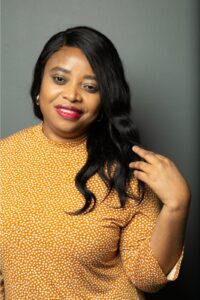
Could you kindly narrate what your experience has been working with women, young people and refugees in your area of work?
As an organisation representing and working with black and ethnic minorities from more than 83 different nationalities around the world, we are making changes in our own little way. We provide weekly activities with various events each year to promote integration, build their confidence, reduce isolation, and help them make new friends while providing opportunities to help them fulfill their true potential. Also, working with other national and international organizations such as the British Red Cross, Scottish Refugee Council, Amnesty International, Migrant Voice UK, YWCA, Young Women’s Movement, etc, has been of tremendous help. They collaborate with us to provide support to women and young people, including refugees. We efficiently and adequately advocate a better life for our service users through the provision of support, training and workshops, provision of aids, advocacy, sponsoring them to return to their countries, family reunion, getting them visas to study or work, etc.
READ ALSO: ‘Gender Discrimination Remains Greatest Threat To Africa’s Future Development’
While working with them, we take into consideration their individual differences, and cultural and religious backgrounds and tailor our programs to their needs.
It has been a huge blessing watching the women and girls we work with evolve, graduate from school, get jobs, or become volunteers. We have been able to give women a voice and stir up hope in them for a better tomorrow.
The positive impacts we are making in our organisation ANYISO encourages us to do more. It gives me joy and a sense of fulfillment working with these women.


